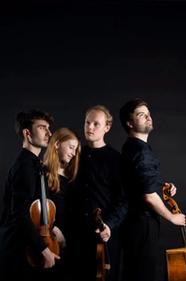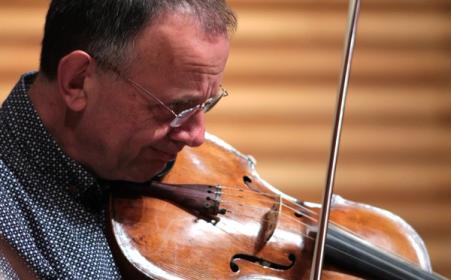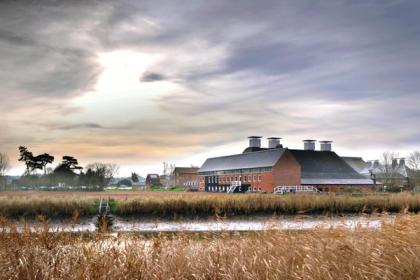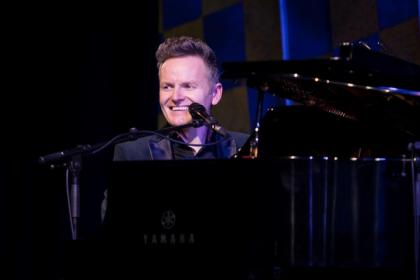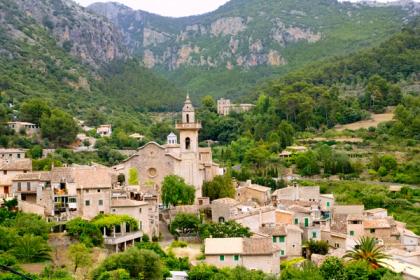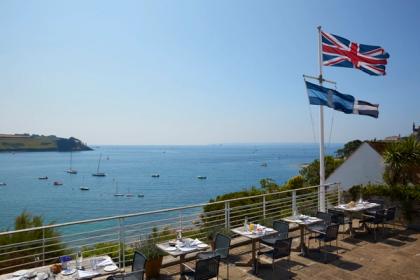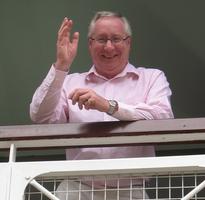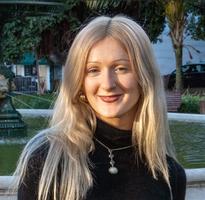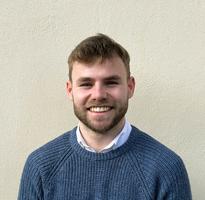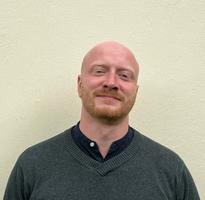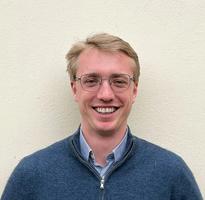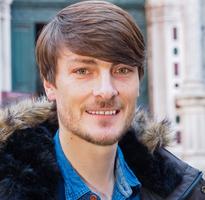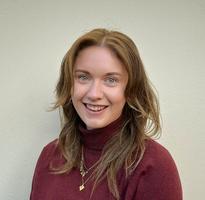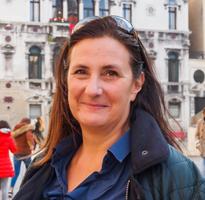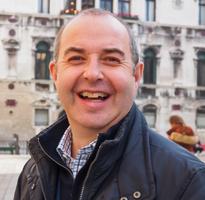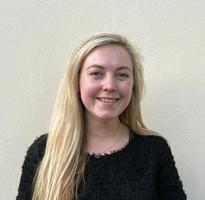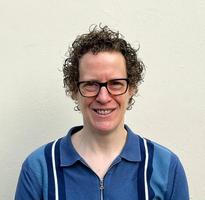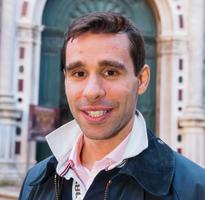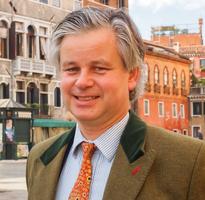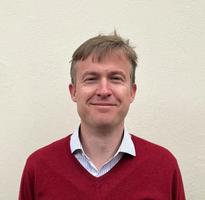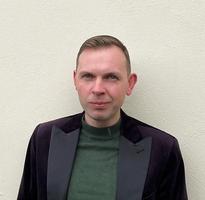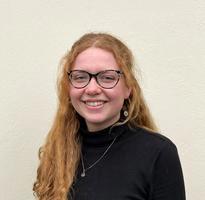Four nights' accommodation with breakfast
Cultural Tours & Musical Holidays
The Kirker Music Festival at The Grand, Eastbourne
United Kingdom
tbc nights from £tbc per person
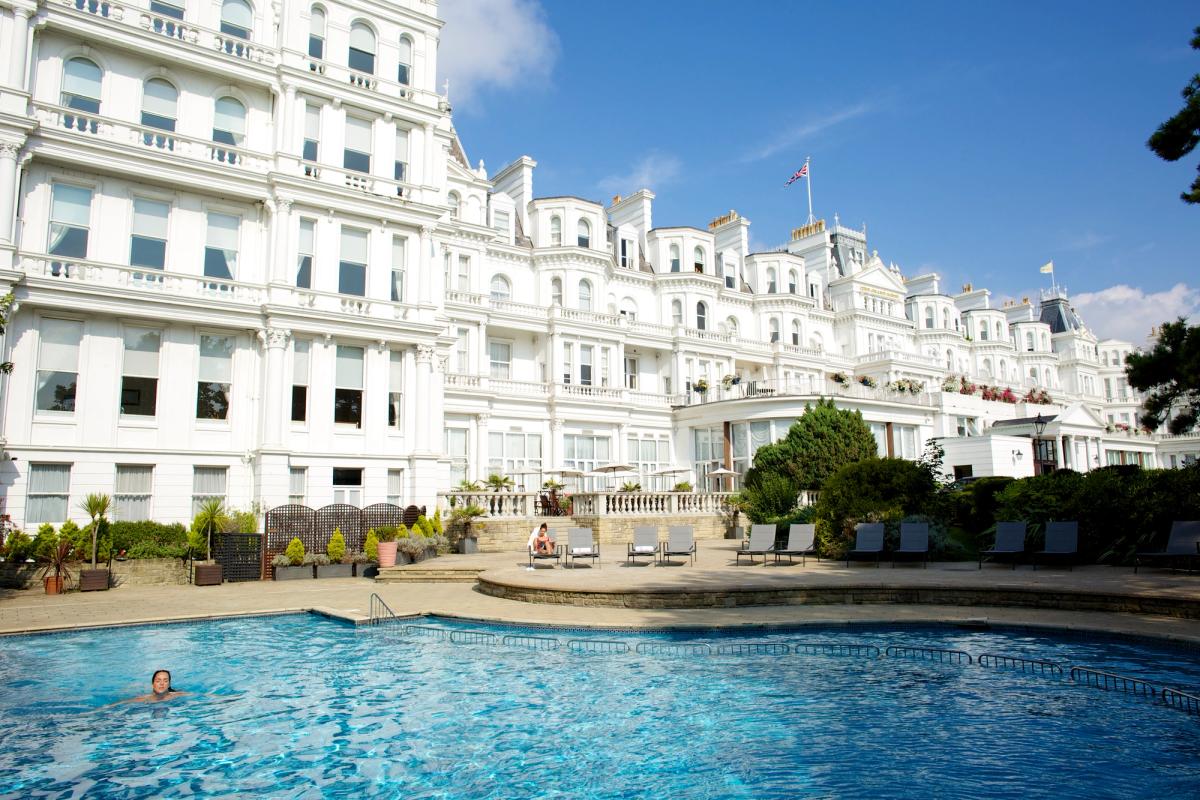
The Grand Hotel in Eastbourne is the majestic setting for a summer Kirker Music Festival. This year we welcome the prize-winning Fibonacci Quartet, who will be joined by the American double bass player Levi Andreassen for a performance of the string quintet by Dvorak. Levi will also give a recital with the pianist Thomas Luke.
There will be interviews with the musicians and talks by violist, composer and Kirker Director of Music, Simon Rowland-Jones. Each concert is followed by a private dinner in the hotel’s exquisitely decorated Compton Room. During the day, guests will be able to enjoy the hotel’s facilities including gardens, outdoor swimming pool and spa, explore the Eastbourne seafront and charming old town, as well as join our excursions to Charleston Farmhouse and the Towner Gallery.
What's included
Four dinners
Four concerts as described with programme notes
All sightseeing, entrance fees and gratuities
The services of the Kirker Tour Leader
Speak to an United Kingdom specialist
Contact our expert team for first-hand advice and a tailor-made quotation.

Lucy Ayling
Cultural Tours - Senior Executive
Hotel Details
The Grand Hotel
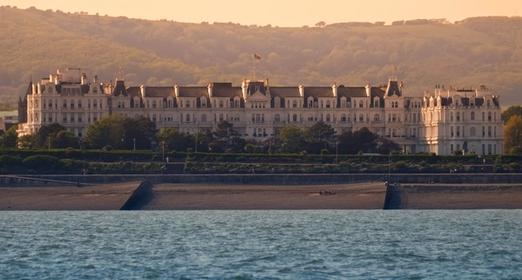
London, United Kingdom
Located on the promenade with magnificent views of the English Channel, the 'White Palace' was once a popular destination for Victorians seeking the health benefits of the bracing sea air. Famous former guests include Winston Churchill and Claude Debussy, who corrected the score of his masterpiece, <em>La mer</em>, while in residence.
Testimonial
WHAT OUR CLIENTS SAY
You May Also Be Interested In
Speak to an expert - 020 7593 2288
Our expert reservations team regularly travel to a wide range of destinations to explore new cities, visit hotels and to research museums, galleries and restaurants so that we can offer the most up-to-date advice and recommendations.
Newsletter
Join our mailing list to receive the latest updates and travel inspiration.



